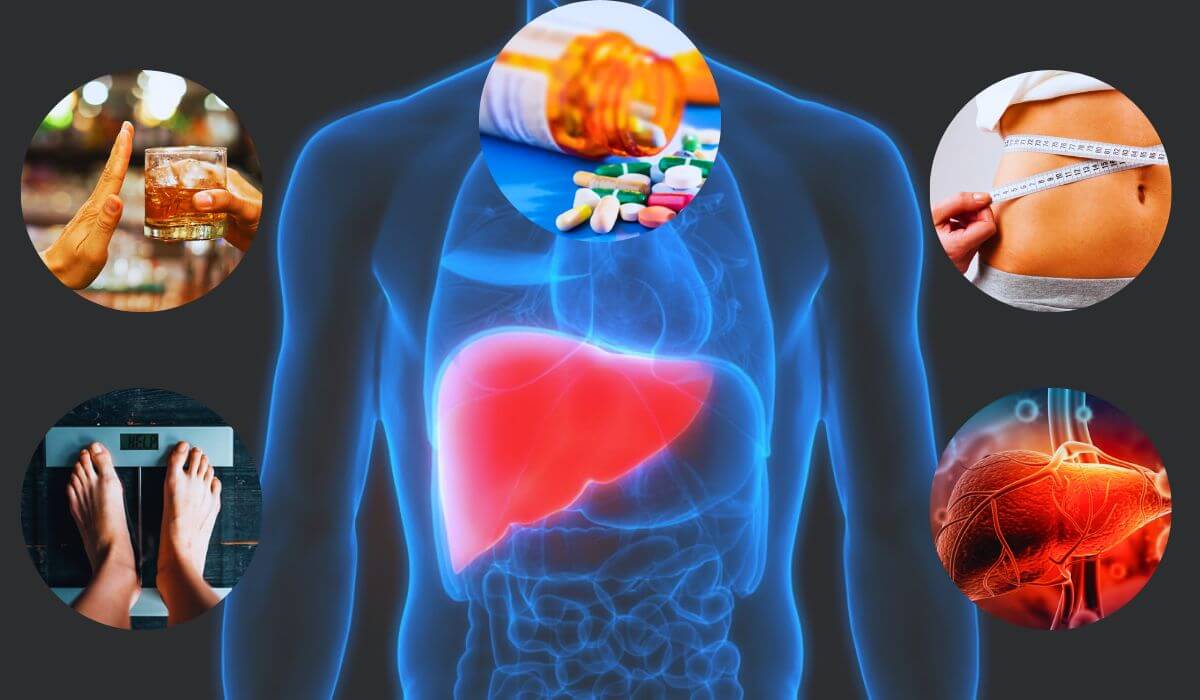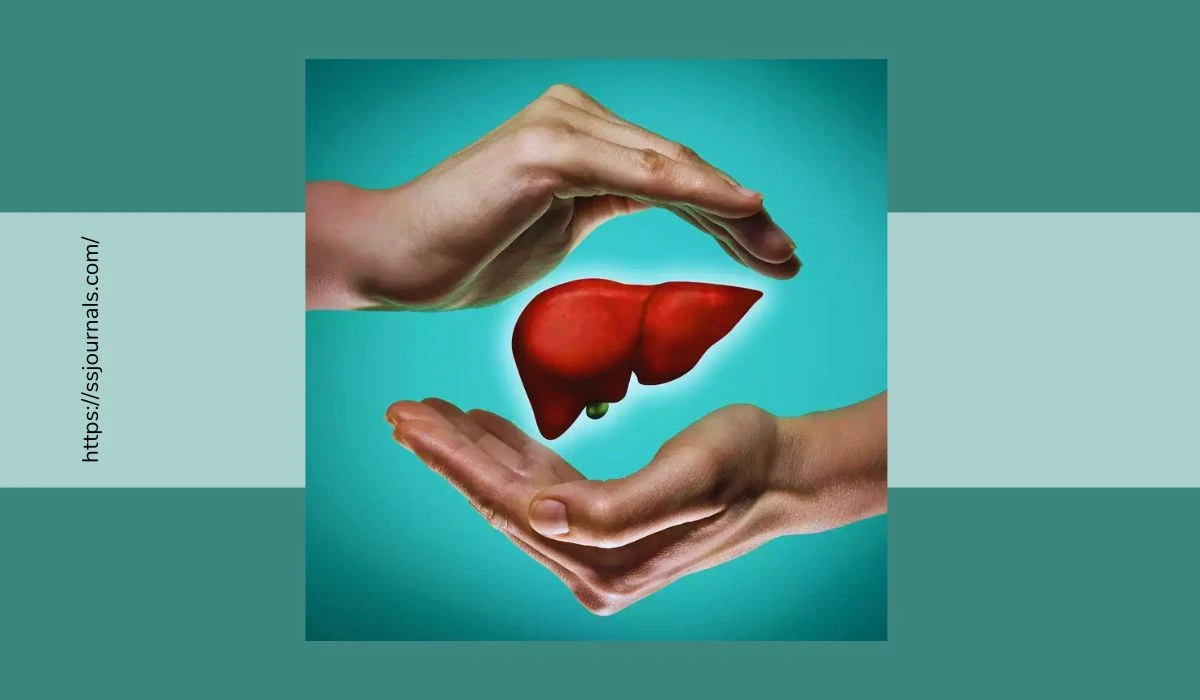The liver is an integral organ of the body that does over 500 vital functions. They aid in removing waste products and foreign materials from the blood and regulate blood sugar levels, in addition to creating important nutrients.
The liver is also responsible for producing Albumin, which is a protein responsible for keeping the fluid in the blood without leaking into surrounding tissues. The liver manufactures bile, a fluid integral for the digestion and absorption of fats in the small intestine.
It also filters the blood, removing toxins, byproducts, and other harmful substances. This organ is responsible for regulating amino acids. The liver ensures a healthy amount of amino acid levels in the blood.
The coagulants are manufactured using Vitamin K, which is absorbed with the aid of bile and hence the liver plays an important role in regulating blood clotting. The liver also can filter and remove bacteria from the bloodstream.
It acts as a storage house for vitamins A, D, E, K, AND B12, along with iron and copper. The liver also has to process glucose from the bloodstream and store it in the form of glycogen. It also can convert glycogen back into glucose.
Limit Alcohol Intake
The key factor in having a healthy liver is maintaining a moderate alcohol intake. Our liver has a limit to how much it can process. It can only process or disintegrate a small amount of alcohol every hour.

If pushed beyond the limit they can damage liver cells and lead to inflammation and scarring (cirrhosis). This is the reason why one should limit their alcohol consumption to a minimum of two standard drinks a day.
The Centers for Disease Control and Prevention (CDC) recommends controlling alcohol consumption to 1 drink per day for women and 2 drinks per man.
Control Body Fat
Hyperlipidaemia, or high amounts of fat in the blood, and Hypercholesterolaemia, or high levels of cholesterol in the body are common factors affecting a condition called fatty liver.
Hence it is wise to decrease the amount of saturated fats, trans fats, and hydrogenated fats in one’s diet, as saturated fats are found in deep-fried foods, red meats, and dairy products, and trans and hydrogenated fats are found in processed foods.
The liver can store excess dietary fat and fat buildup can result in fatty liver disease. Consuming a diet rich in high-fiber foods like fruits and vegetables and whole grains will help in maintaining a healthy liver.
As for protein sources, choose more fish, white meat, beans, and nuts and reduce the consumption of red meat.
Maintain Ideal Body Weight
Maintaining an ideal body weight is integral for a healthy liver. Obesity, especially abdominal or central obesity can be a major risk component for developing a fatty liver.
Consuming a balanced and mindful diet and engaging in regular physical activities like exercise will help in attaining a healthy weight. Set your targets for the ideal body mass index (BMI). The healthy cut-off values recommended are between 18.5 and 22.9.
Careful With Medications
Be very careful with the medications that you consume. Some OTC medications or traditional remedies might contain unknown toxins or even heavy metals, which can stress the liver affecting its balanced functioning.
It is better to consult a doctor before trying out any new medications. Educate yourself about these weight loss pills and extremely fad diets. Most of them can do more harm than good. A fad diet that drastically changes your weight adversely affects the liver.
Be aware of diets that promise large amounts of weight loss in an unrealistically short period. And also be aware of eating diets titled liver cleansing and other claims to be detoxing diets.
There exists no such particular diet to cleanse your liver as such. Always consult a doctor or dietician to help you in creating a healthy diet.
Prevent Diseases Like Hepatitis
Hepatitis B and C, are fatal conditions that might affect your liver quite adversely. One can get vaccinations to protect from this condition, however, Hepatitis C has no vaccine currently available.
Hepatitis C spreads sexually or through some sort of blood-to-blood contact. Participate in safe sex only and avoid sharing needles, razors, toothbrushes, and other personal care items. If you are a carrier of Hepatitis B or C consult your doctor.
The key to a healthy body is a healthy lifestyle. So be mindful of your lifestyle and consume balanced meals, perform adequate physical exercise, and maintain personal hygiene for a healthy body.

